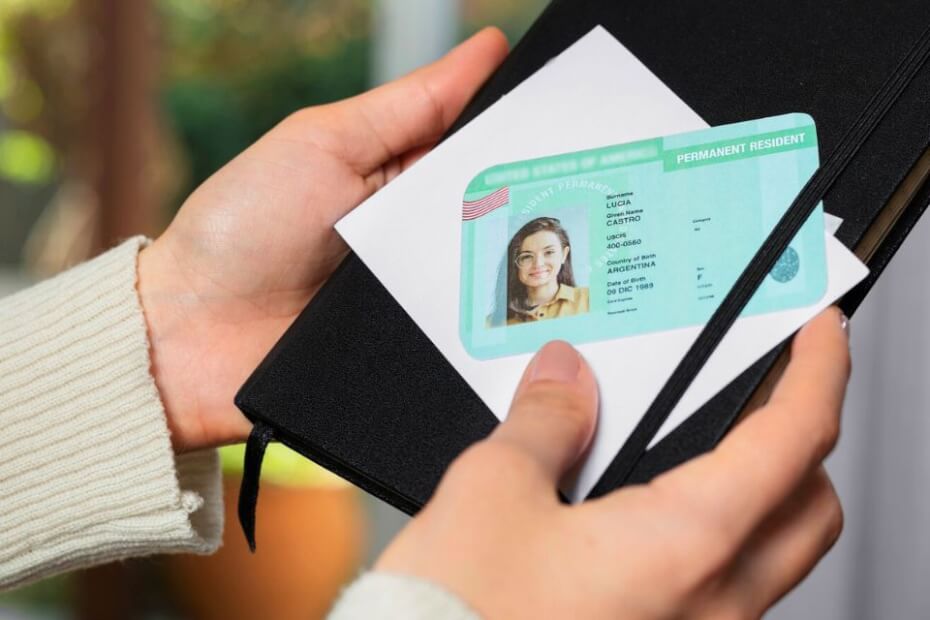
Spain’s green certificate or card is valid proof of British citizens’ right to live and work in the EU via the United Kingdom (UK)-European Union (EU) Withdrawal Agreement.
The UK Embassy in Madrid, Spain issued a statement reminding British citizens with Spanish registration certificates of their rights.
With their rights under the Withdrawal Agreement, they will be exempt from the upcoming EU travel requirements.
According to the statement, holders of the A4 green certificate or the credit-card-sized piece of paper issued by the Extranjería office or the National Police office remain protected by the Withdrawal Agreement.
“As a result, this document exempts UK nationals from the upcoming Entry/Exit System (EES) and European Travel Information and Authorisation System (ETIAS) and from any visa requirements and from the 90/180 day Schengen Area rule,” the statement read.
The UK and Spanish governments recommend that British nationals exchange their green certificate or card for the Spanish Foreign Identity Card. This is the tarjeta de identidad de extranjero or TIE. However, they are not legally required to do so.
UK nationals with a green certificate or card should not be treated differently from those with TIE.
Their Withdrawal Agreement rights are unaffected by the type of documentation they hold.
What is the withdrawal agreement?
The Withdrawal Agreement protects EU citizens lawfully residing in the UK and UK nationals living legally in any of the 27 EU member states at the end of the Brexit transition period in December 2020.
It also applies to EU citizens who moved to the UK or UK nationals who relocated to an EU member state during the transition period.
The Withdrawal Agreement ensures these citizens and their families retain essentially the same rights they had before the UK left the EU. It guarantees they can continue to live, study, work, and travel freely between the UK and the EU.
Spain’s green card or certificate is valid proof of beneficiary status under the UK-EU Withdrawal Agreement.
It affirms the holder’s right to live and work in Spain per the agreement implemented by the Spanish government.
Upcoming travel requirements for EU
Free movement rules ceased for the British and EU citizens when the UK left the 27-member European alliance.
After Brexit, UK nationals are considered third-country citizens and subject to immigration regulations.
Soon, all British citizens must comply with two new travel requirements: the EES and ETIAS.
Those with residency permits in any EU member state will be exempted from the requirement.
Entry/Exit System (EES)
The EES aims to strengthen border security within the EU’s Schengen area. This includes most EU countries, Switzerland, and European Economic Area nations like Iceland, Norway, and Liechtenstein.
Each time a traveler from a third country crosses an EU external border, they are registered through an EES automated system.
Instead of traditional passport stamps, the EES digitally records entries and exits. It stores essential details like the traveler’s name, type of permission, biometrics, and arrival and departure information.
This digital border system simplifies the identification of unauthorized entries, making it more effective in detecting overstays and fraudulent identities.
Under the EES, short-stay visa holders and visa-exempt travelers entering the Schengen zone must submit fingerprints and facial scans at the border.
The EES is set to roll out in October 2024.
The ETIAS system
The ETIAS aims to boost security for EU member states in the Schengen region by collecting data on visa-exempt travelers.
It is not a visa but a visa waiver that aims to screen third-country travelers. These are individuals who can enter the Schengen zone without a visa.
‘The data collected will be used to identify potential security threats related to terrorism or illegal migration. It will help deter such individuals before they arrive at EU borders.
Visa-exempt travelers planning to visit the Schengen zone will need ETIAS starting mid-2025.
UK ETA and EUSS
The UK has already started implementing its new digital travel permit system for visa-exempt nationals, including EU citizens.
The UK Electronic Travel Authorization (ETA) aims to streamline the immigration process for pre-verified, low-risk travelers.
By 2024, all non-visa nationals must have an ETA before traveling to England, Wales, Scotland, or Northern Ireland.
EU citizens with an immigration status in the UK are exempt from the ETA system. This includes those settled or pre-settled under the European Union Settlement Scheme (EUSS).
The EUSS is the UK Home Office scheme that implements the citizens’ rights provisions of the Withdrawal Agreement.

